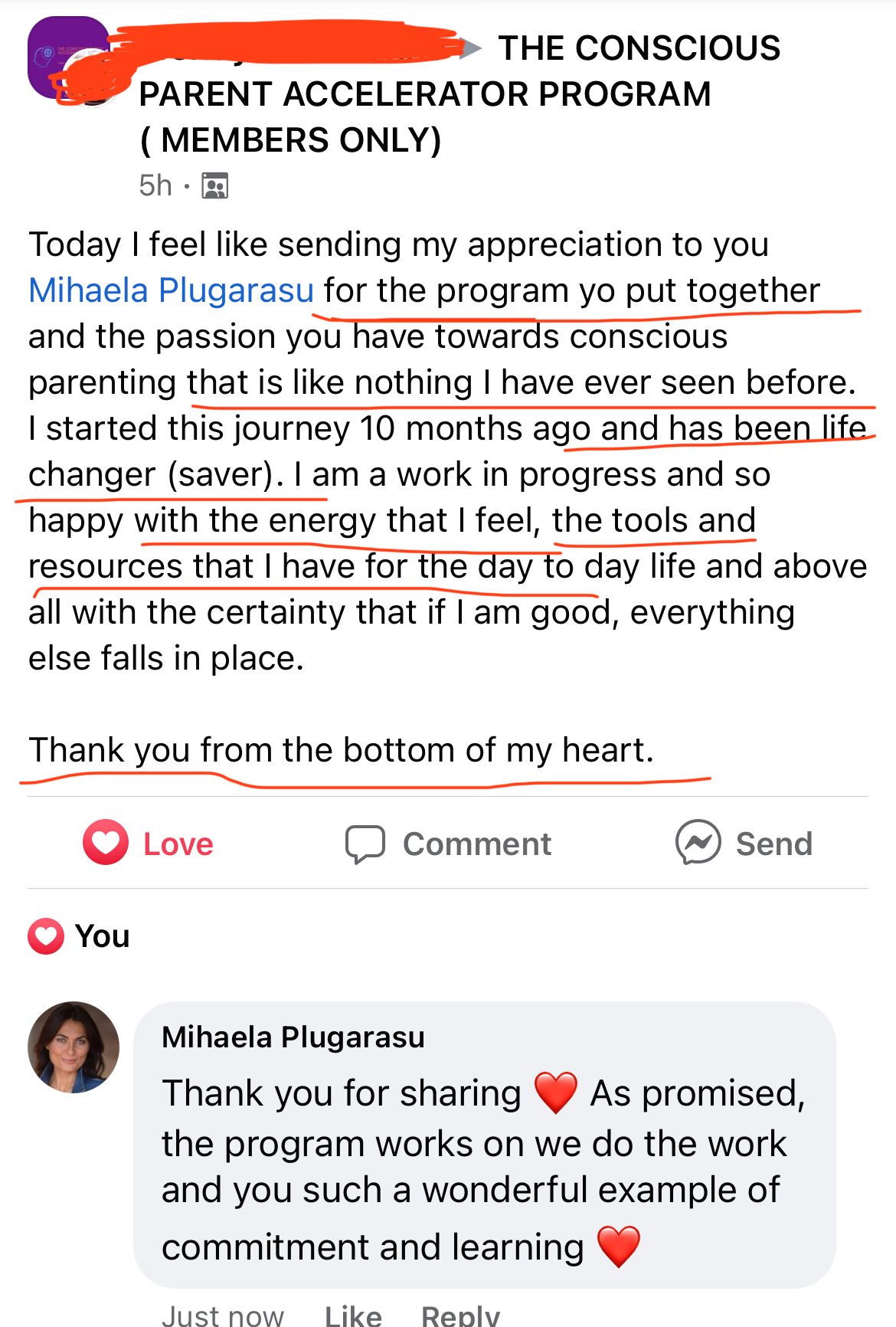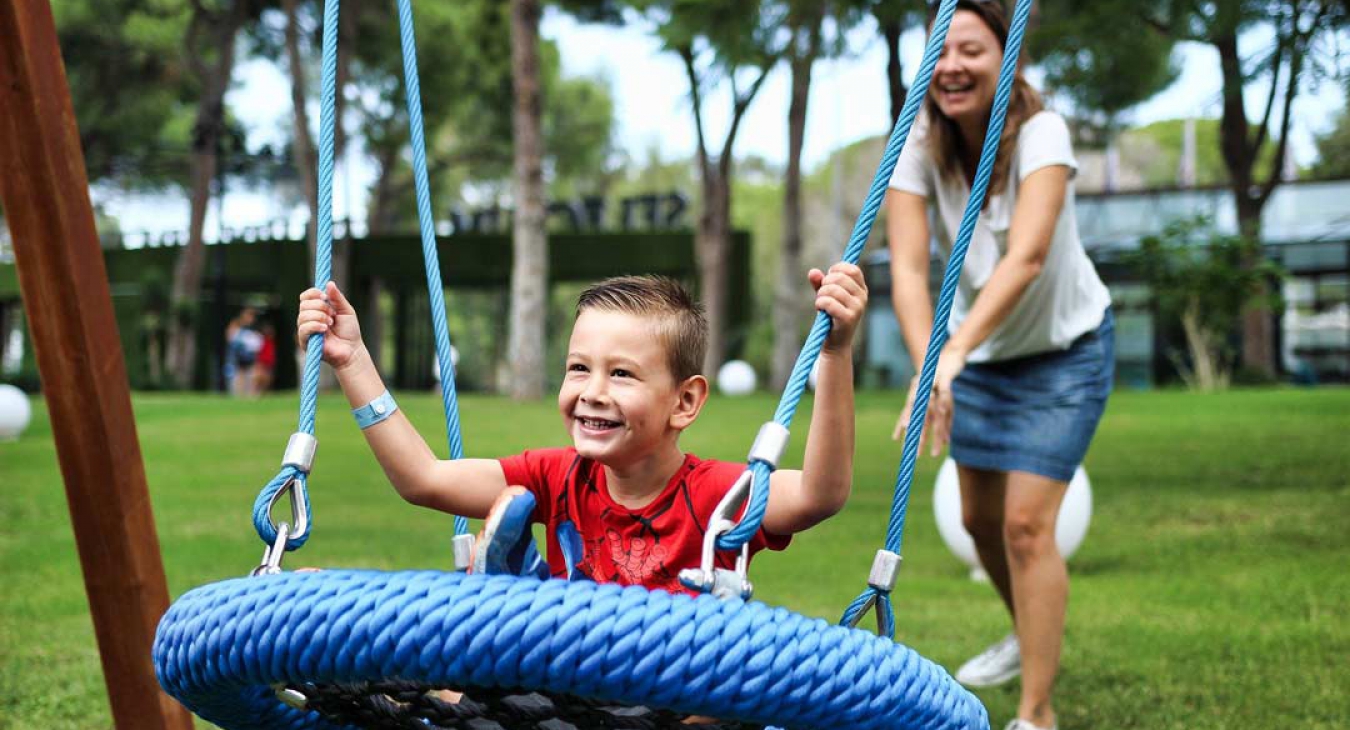Hello, dear conscious parent💟
Today I want to bring up the issue of responsibility when it comes to a child’s emotional wellbeing.
This is an important topic because behavior is driven by emotion, at home and at school.
Generally speaking, parents hope that teachers, school counselors and coaches can spot and help a child “with issues”. On the same token, teachers and school personnel hope that parents “have a handle” on their children.
As with any complex issue, there is no black & white answer, so here’s my take on this issue:
WHEN IT COMES TO TEACHERS:
- most teachers are well-intended, but are not trained to help children with their emotions;
- teachers are overworked and underpaid, with very few resources to pay attention to children’s emotions;
- most teachers still use archaic systems to reward “good behavior” using golden stars, color schemes, and other labels that not only do not work, but they amplify anxiety, fear and resentment in children;
- most teachers never took a course on trauma;
- the most a teacher can do is to refer a child to the school counselor- usually 1 counselor for a whole school;
- the educational system in itself is broken, archaic and non-supportive of a child’s individuality.
WHEN IT COMES TO PARENTS:
- most parents lack basic education about how a child’s emotions work and the connection between emotions- brain-behavior;
- most parents are overworked and underpaid – just like the teachers;
- parents’ nervous systems are flooded by toxic stress hormones on a 24/7 cycle (cortisol, adrenaline etc.) – this is true for most parents in the United States;
- most parents raise their children the same way they were raised, which perpetuates abuse, childhood wounding and authoritarianism.
So, who’s responsible to intervene if a child is depressed, aggressive, disinterested in academics, or defiant? My answer is: THE PARENT.
That’s because a child is the product of his/ her home environment. This is not to “blame” parents, but to urge parents to take responsibility and look for help when help is needed. Parents love their children and that love must be the source of motivation to intervene with humbleness and empathy.

